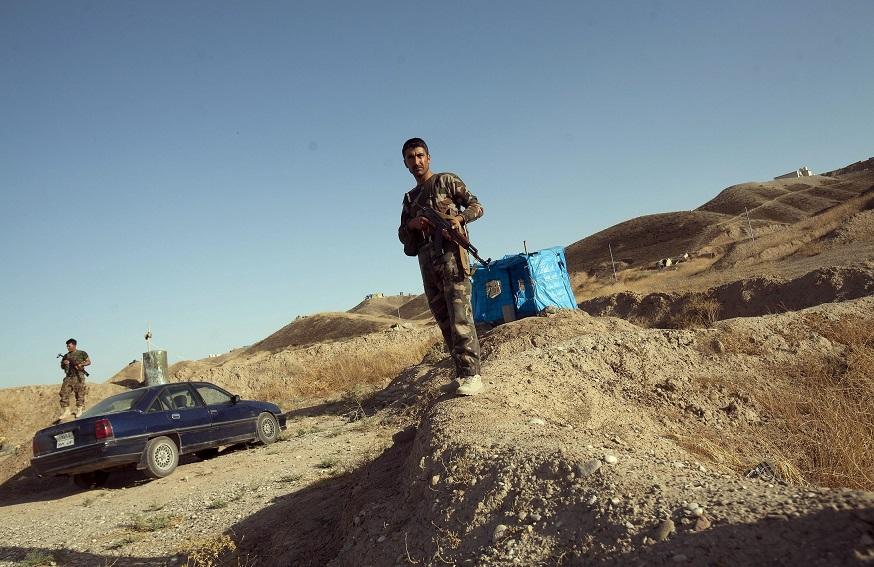What to know about ISIS
A group called the Kurdish Peshmerga fighters stave off ISIS. These rebels have been reclaiming villages and cities from ISIS, in a war between the two and other small rebel groups. These battles have been occurring through Iraq and parts of Syria.
October 9, 2014
ISIS is an acronym for the Islamic State of Iraq and the Levant. Founded in 2003, the military group was different from Al-Qaeda in that it actively kills other Muslims and mostly those of the Shi’ite populace.
The leader of ISIS is self-proclaimed caliph Abu Bakr al-Baghdadi, who besides using military ferocity to gain power also wants to be a religious leader. Whoever defies his reign is swiftly cut down, no matter their political or religious standing.
ISIS captured and executed James Foley and Steven Sotloff, two American journalists, while warning the United States and their allies to not wage an attack against ISIS.
On Sept. 23 airstrikes were ordered by the U.S. against ISIS and the bombing has been continuous since.
President Barack Obama is demanding the U.S. not send troops. He does not want more American deaths, so instead he has asked Congress to lend money in the aid of training and funding those in Syria and Iraq to fight back ISIS.
“Training them is the best thing if we can’t send troops,” junior Jovon Cobbs said.
The big concern is if the U.S. should send soldiers instead of just airstrikes and supplying groups like the Kurdish Peshmerga to fight ISIS for us.
“I don’t know if I want another war. My dad was in war twice and it was difficult. But if we don’t eliminate the threat it will keep coming up,” junior Brielle Robbins said.
The Iraqi government that the U.S. set in place is deteriorating and Syria was in a civil war to begin with.
The U.S. has consent from Syria to attack and bomb the ISIS sites there, but is that enough? Should the U.S. return for another fight in Iraq?
“Take as much action as possible without getting the entire military involved,” senior David Fryxell said.
For more information, this video succinctly and concisely explains the crises in three minutes.







